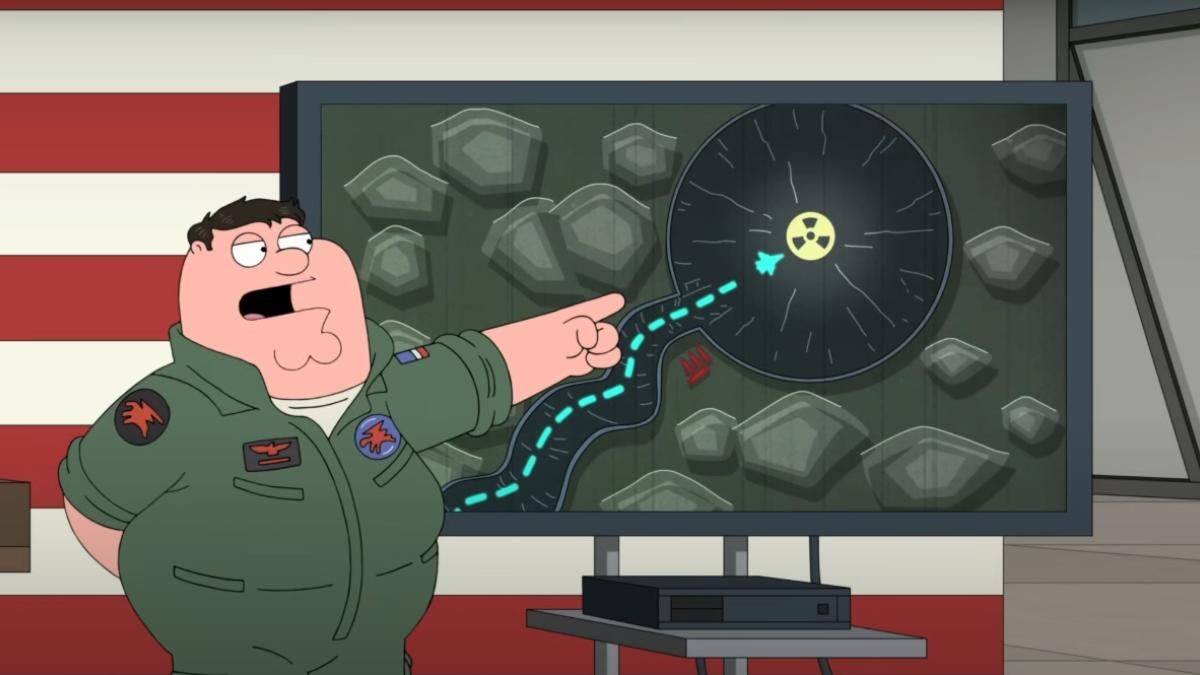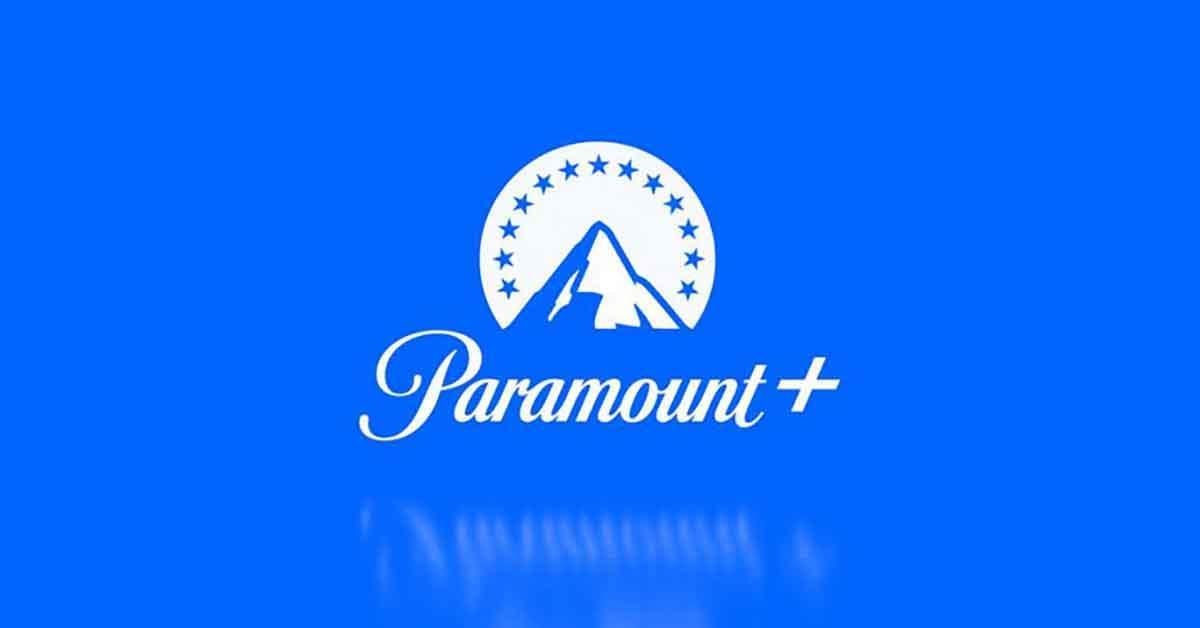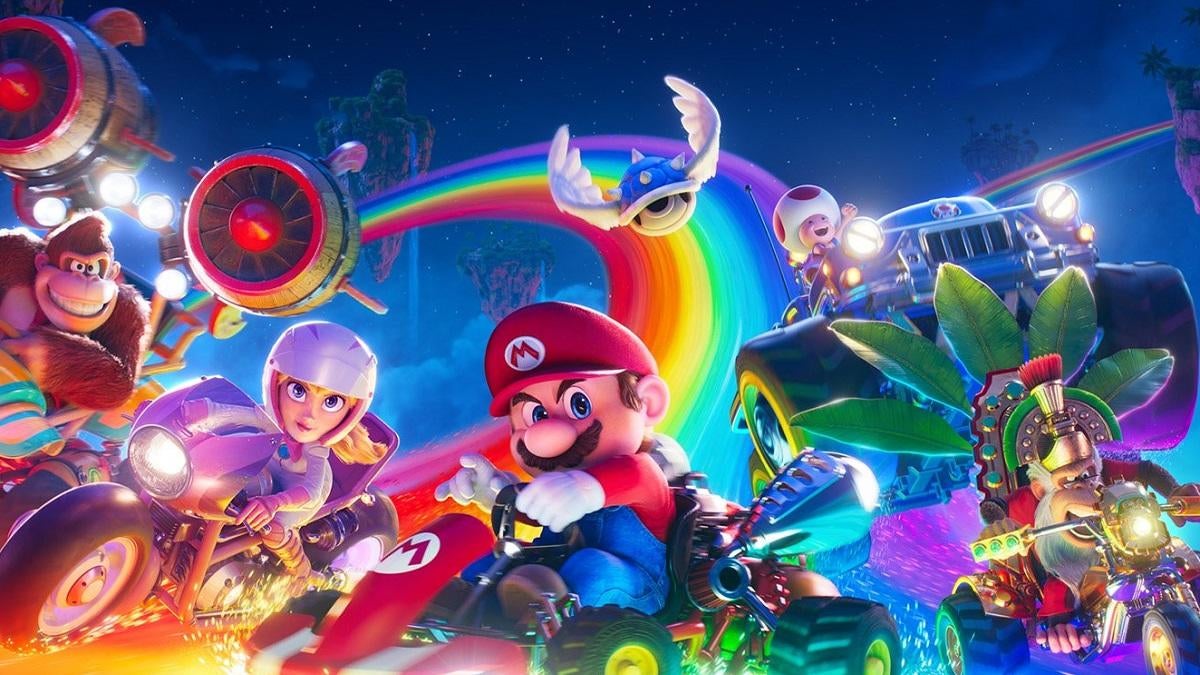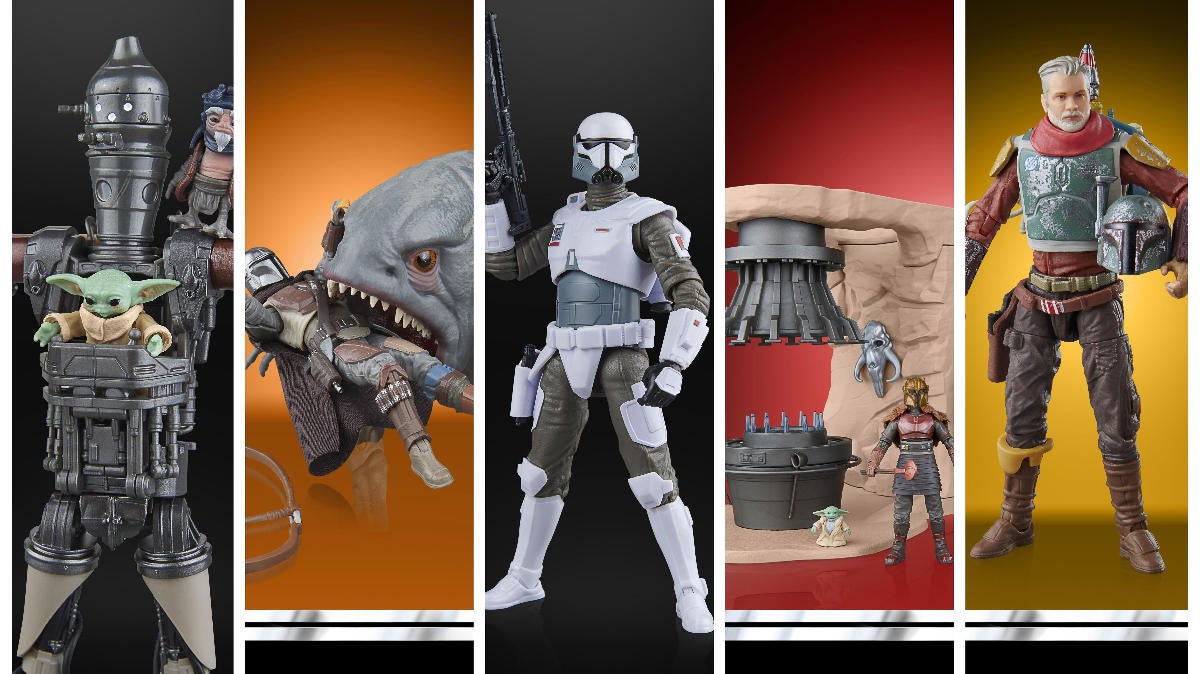Review: Childhood's End Storytelling Mastery is Must-See Sci-fi
At a Syfy event in New York earlier this week, network president Dave Howe told me that he’s [...]

At a Syfy event in New York earlier this week, network president Dave Howe told me that he's confident the ownership, executives, and talent are in place for a drastic change at the network. The idea is to take stories that people care about and give them a new way to explore them, and also to give people brand-new series that explore science fiction in unique ways.
If you want proof of that in action, you can look to this past spring's debuts, a group of series that broke the mold at Syfy. With 12 Monkeys, Killjoys, and Dark Matter all receiving a strong critical response (and receiving second season orders), the audience started to pay attention and, just maybe, started to believe Syfy that they were changing.
Now, the mini-series Childhood's End takes things a considerable step further. The series, airing as a three-night event spanning six hours, is attempting to adapt what has previously been considered an un-adaptable book by Arthur C. Clarke. His story, published in 1953, was reportedly Clarke's own favorite work. Its century-spanning timeline intimidated some possible adapters. However, the themes of humanity's growth, the idea of (in this case literal) Overlords, and others fit with today, sixty years after it was written, just as clearly as it did then.
The first episode of Childhood's End shows mastery in storytelling, treating television almost like a painting or a sculpture. In the same way that a painter will make use of negative space to demonstrate the importance of what's actually placed on the canvas, or the way famous sculptors will say they can see the statue inside the block of marble, and they're just removing the bits that don't belong, so Childhood's End uses pauses, silence, and mysteries both physical and mental to its strength. The basics you can see in any trailer or promo: an alien race comes to Earth promising a veritable Utopia if the Earthlings will but concede to their presence, are also really the only things our characters are told for the vast majority of the first episode. This way, we not only learn alongside them, but are given, as an audience, a chance to react alongside them, as well.
There are people that will react like the young Milo, trusting and full of wonder. Hoping and wishing for a world where war is dispelled, where gun violence is instantaneously punished and eliminated, where people of all nations, creeds, and races work together to help each other grow, is a very easy thing to relate to, after all.
There are people who will react like Wainwright, whose stance is difficult to categorize in a political sense. At his core, he merely wants to maintain freedom, and uses things like political and social media campaigns to spread his word.

Finally there's Ricky Stormgren and his girlfriend Ellie. A simple couple who've had their share of difficulties in their lives, when Ricky is chosen for a special duty by the Overlords who come to Earth, his response is middle-of-the-road as it gets, mixed between fear, hesitation, wonder, love, pain; in the end, you can see either of the other points of view as possibilities for Ricky (and to a slightly lesser extent Ellie), and when he finds something slightly different from either, that's unsurprising as well.
Mike Vogel (Ricky) carries the vast majority of the episode, often talking with an off-screen voice of Charles Dance, who plays the alien Karellen, or interacting in about two-thirds of the other scenes in the premiere, either with Ellie (Daisy Betts), or with Wainwright (Colm Meaney). There's an innate calmness to his performance; he's so centered as a character that it eases the viewer into the spectacular situations. Another actor, or even another character (in the book, the Stormgren character was vastly different in lot-in-life) would have made things much more difficult to accept. Ricky, as portrayed by Vogel, takes everything he gets at face value, absorbs the information he's given, then sits and lets it process before coming up with his own thoughts. It's a difficult thing to do, and a lesson much of the world could learn from, especially at this time of real-life turmoil. Thanks to Vogel's ease in the role, the audience is guided. It's the best of science fiction, when you can simply accept the fantastic and instead see how the fantastic affects the people around it, and Childhood's End succeeds at that largely due to this performance.
Dance remains off-screen until the closing moments for reasons I won't spoil here. He plays Karellen not as someone threatening, or like a rambunctious boy with a magnifying glass to ants, but instead as someone curious, empathetic, and genuine. It's more akin to a person speaking lovingly to their pets. It's difficult for even the most skeptical to listen to Karellen and Ricky's conversations and not be at least a bit swayed into trusting the Overlord. There are particular moments of patience and of childlike playfulness that enter into his voice-only performance that completely capture you. There's something, an alarm, in the back of your mind the entire time saying "but what if this is just part of the manipulation?" and then he speaks again and you forget yourself. Seeing that happen while Dance voices his lines to Vogel may make some viewers not realize it's happening to them, too. If this were a real alien invasion, televising conversations in this context would be an extremely effective tool toward submission by those being invaded. It's an eerie thought, but one only a great story with a phenomenal performance could bring.

So, then, after one episode (or two, as technically each night is two episodes being shown at a time – let's say one night), after one night, can I declare Childhood's End the savior of Syfy? Well, I honestly don't think I have to. With the aforementioned shows already airing this year, and the upcoming debuts of The Expanse and The Magicians (both also based off popular books – series of them, in fact), both of which I've seen and greatly enjoyed the premieres, it's better to say this is a piece of an entirely new puzzle. I look at the shows from earlier this year as Syfy saying, "give us another look." Now with Childhood's End, their other debuts, and the second seasons of those series, Syfy is showing a confidence we haven't seen since the Battlestar Galactica days. There's a new strut in their step, and it's displayed through hard science fiction. It's told in silence. It's a journey for fans to take with characters, instead of to simply observe. It's brilliant, and I can't wait for more.
Childhood's End airs as a three consecutive night event series on Syfy starting Monday December 14, 2015.
Grade: A+




